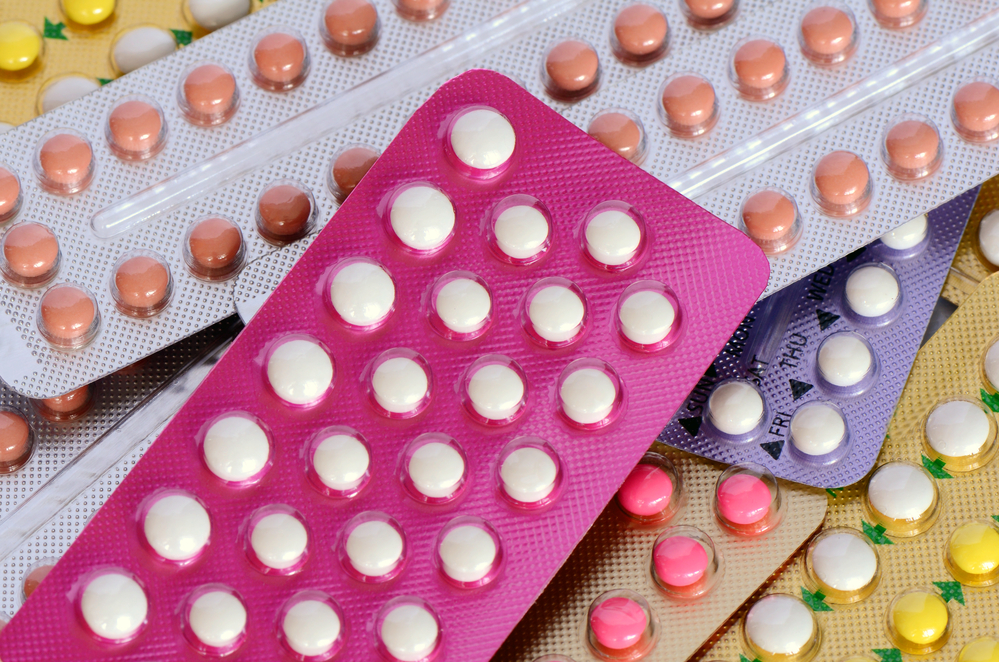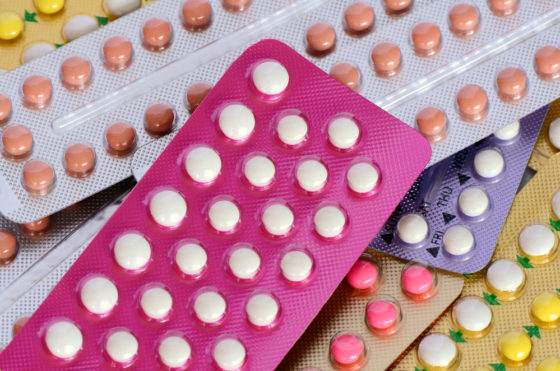Wait a while to get pregnant after stopping the pill, researchers say

 Women who become pregnant within three months of stopping taking oral contraceptives are more likely to suffer from pre-eclampsia and preterm birth, according to researchers at the Radboud university medical centre in Nijmegen.
Women who become pregnant within three months of stopping taking oral contraceptives are more likely to suffer from pre-eclampsia and preterm birth, according to researchers at the Radboud university medical centre in Nijmegen.
‘Although we cannot yet conclude with certainty that the pill causes pregnancy complications, women may like to consider using another method of contraception for three months after stopping the pill,’ said gynecologist and the report’s co-author Marc Spaanderman.
The study, published in the International Journal of Epidemiology, focuses on over 7,000 pregnancies, 15% of which occurred within three months of stopping taking the pill. The researchers found that among these women, pre-eclampsia and preterm birth were more than 1.5 times more common than among women who did not use the pill during this period.
The study also shows that the risk of complications differ depending on the hormonal composition of the pill. Among women who used the pill from the first and second generations, pre-eclampsia was more common, while preterm birth was more common when the third generation was used. Too few women used fourth-generation pills to draw reliable conclusions.
‘The different generations [of pill] contain different types of [the hormone] progestin,’ lead researcher Marleen van Gelder said. ‘This could play a role in the development of complications. The amount of estrogen also varies between different types of the pill. That may also be important, but further research is required to find out more.’
The researchers stress that the complications remained relatively rare.
Thank you for donating to DutchNews.nl.
We could not provide the Dutch News service, and keep it free of charge, without the generous support of our readers. Your donations allow us to report on issues you tell us matter, and provide you with a summary of the most important Dutch news each day.
Make a donation